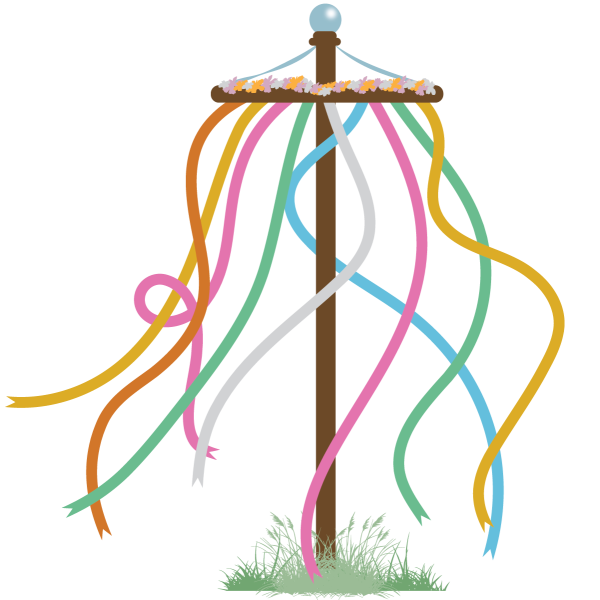App State has historically had countless traditions, social spaces and educational opportunities centered in Appalachian culture and the quintessential college experience, but not all of them have stuck around. Here are four things App State used to do that should be brought back.
The Rhododendron

The Rhododendron, App State’s first yearbook, was published annually from 1922 to 1992. The publication briefly returned from 2003 to 2006 but permanently stopped after 2006. The Rhododendron was composed and produced entirely by members of the App State senior class.
The resurgence of this publication would be of great benefit to students, solidifying something tangible and memorable about their time spent at App State.
However, due to the ever-growing number of enrolled students — 21,570 as of fall 2024 — placing this responsibility solely on the shoulders of seniors would be a heavy task.
By spreading the work among students and faculty of all years, majors and capabilities, publishing would run significantly more smoothly.
May Day Festival

App State’s first May Day Festival was held in 1930, sponsored by the Young Women’s Christian Association. The May Day festival has roots in English celebration, ones that carried on into American culture with the colonists and immigrants to the Appalachian region.
May Day festivals took place in the spring, with the crowning of a May Queen surrounded by her attendants.
For college students in the United States, it was a marker of single women’s beauty, charm and “social poise to potential suitors.” In this era, college was not a place of education or careermaking for women but rather a finishing school — a place to be taught etiquette and elegance.
While valuing the traditions sculpted by colonialism and the contributions of immigrants to Appalachian culture, some things about this celebration would have to change.
The roots of the May Day festival are coated in old-age reservations, surrounded with the idea that women should be taught proper social graces and to find marriage instead of how to hold a job or be educated.
The May Queen Courts featured no men, which doesn’t necessarily have to change. Having a festival to celebrate and value femininity while also being able to acknowledge their intellect and capabilities could be a source of empowerment.
The Dew Drop 
The Dew Drop, a school bulletin that contained course catalogs and general information for student use, was published from 1904 to 2007. The bulletin featured important term dates, faculty information, history of the university and information about the dorm halls and other buildings on campus.
The Dew Drop provided extensive information about courses, including curricula centered around the main subjects of the courses and what classes students should take based on their current academic standing.
While course catalogs and major pathways are provided by the university, having all the necessary information together in one place would be greatly beneficial to the large capacity of students currently present at App State.
Legends

Legends, originally known as H’Appy’s nightclub, opened in 1985 after being renovated by App State. After being remodeled in 1988, it became known as Legends and continued serving its original purpose up until 2023, when it was closed by App State because of the building’s structural issues.
Legends was scheduled to be demolished in July, following damage from Hurricane Helene in the previous year.




